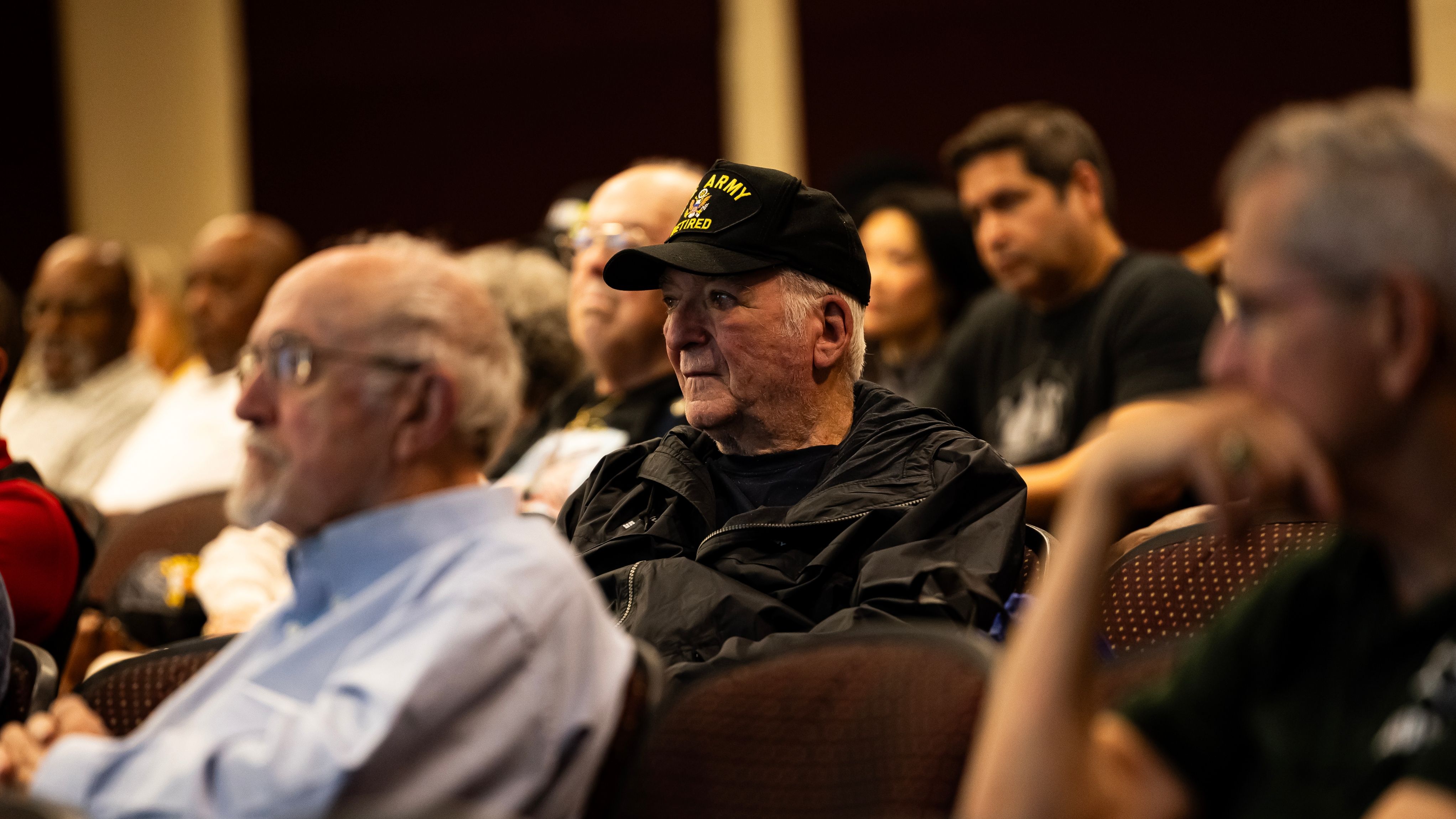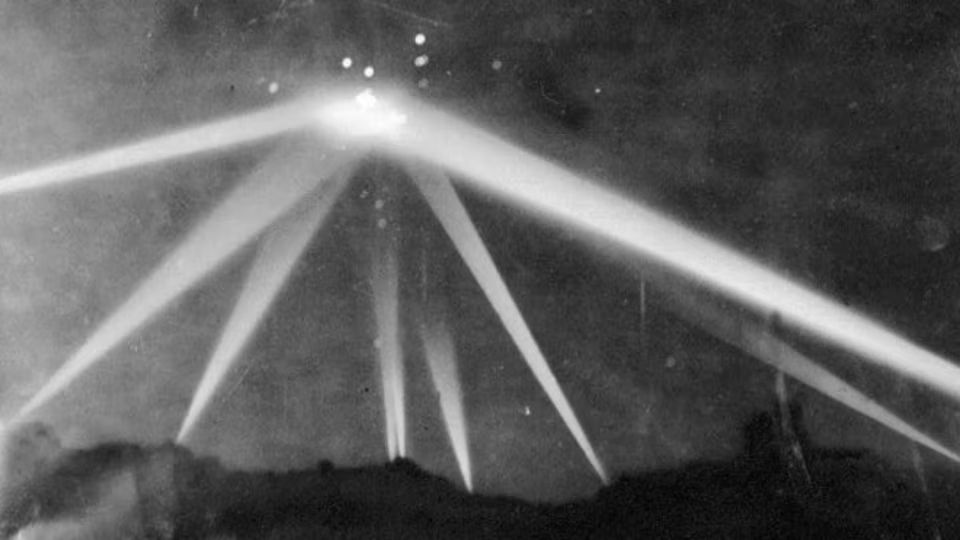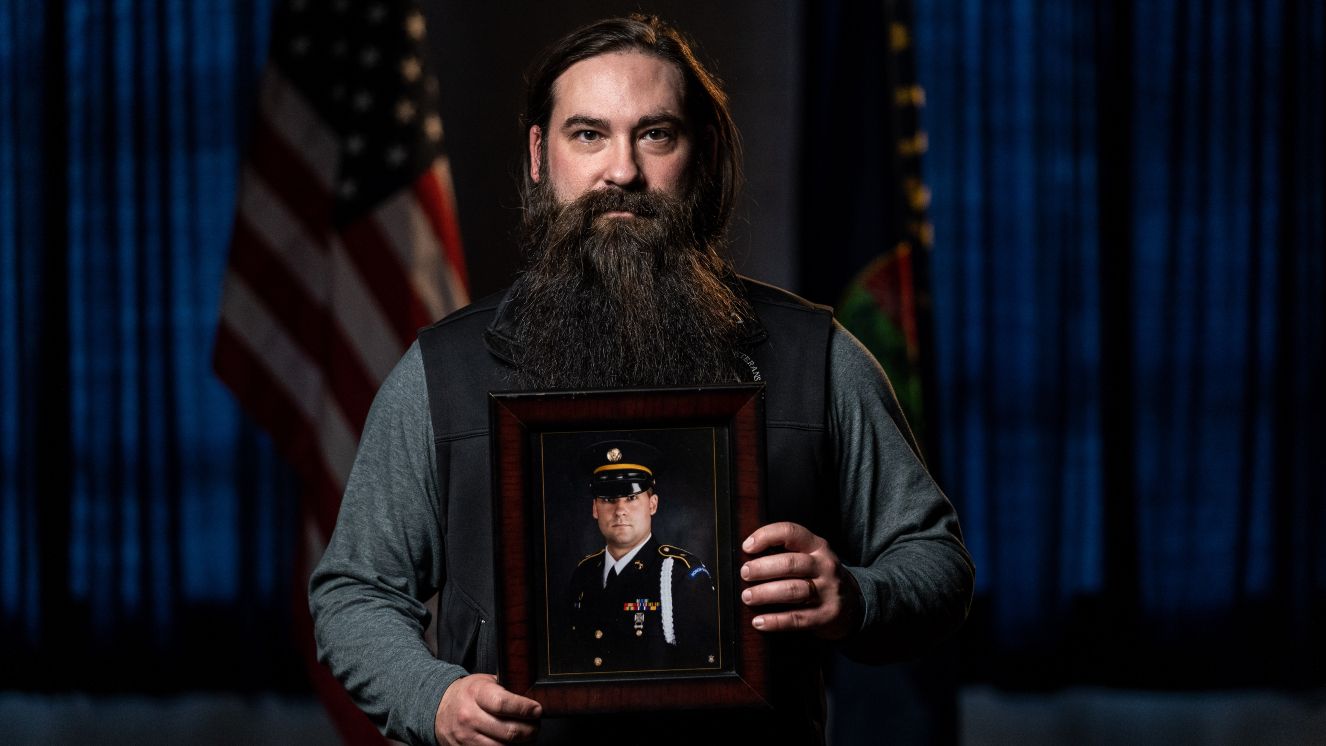NICO WALKER'S NOVEL CHERRY IS LAUGH OUT LOUD HORRIBLE! WHO IS THIS GUY?
COMMENT
SHARE

Introduction
I have a hard time explaining why Nico Walker’s debut novelCherry made me laugh out loud in public last week. It’s a story so far from the recognizable tropes of broken veterans and lionized hero archetypes that section titles like The Great Dope Fiend Romance feel just right for lines like, “There was a lot of f#$%ing around with mannequins.” Even lines like, “Megan’s sister didn’t kill me. No one has yet.” and, “sometimes we’d walk in old minefields. It was boring as hell,” could be mistaken for cop drama dialogue. This is until you realize Cherry is a story without heroes. It’s all part of a voice drawing from the lingo of US Army medics, small-town drug pushers, and the desires of hopeless lovers who know they want out but just can’t find the way.
Nico Walker’s Cherry
In 2012, Nico Walker pleads guilty to robbing 10 banks, scoring himself an 11-year sentence. In jail, he began corresponding with Matthew Johnson of Tyrant Books and writing about his life. While Walker’s self-deprecating humor is nothing new for the kind of military bildungsroman about young men doing dumb things out of fear and boredom, there’s honesty from the narrator that puts soldiers, addicts and college students together in the same circle of hell. In a scene with a young woman at a college party, Walker’s narrator gravitates towards the ugly without shocking anyone, “it was a song about making all the females crawl on the floor and j!$$!ng on the females and stuff. Madison couldn’t help herself. I lost her somewhere. I went and stood off to the side of the room to wait for this to be over.” The narrative style can read as uncomfortably detached throughout tumultuous relationships with dealers, lovers, and non-commissioned officers while giving the prose observational clarity. A redeployment ceremony offers a glimpse into what respite from self-hatred might look like if the narrator could only find it within himself, “And I guess I was ungrateful, given all the people in the gymnasium and the DJ. But they weren’t my people and f$%k the DJ. You do the best you can.” And then there’s the dope. The last third of the novel runs around itself in the cyclic stagnation of addiction to a point where the only way to end the story is with another flash of blood in a rig (Walker’s prison sentence isn’t part of his narrator’s story). Walker’s narrator continuously chooses to remain apathetically disengaged from the atrocities small and large around him. Even when a group of fellow soldiers beat him for thwarting their assault of a woman in their unit named Harlow, Walker’s narrator ignores any sense of injustice to focus on how “it was Top 40 music. It was stale Bud Light and it was cargo shorts. It was quesadillas and Axe body spray. It was everything I was guilty of.” It’s a convincing cultural apathy that allows his voice to take us down with him without asking for forgiveness. The chapter ends without even a hint of regret in an unforgiving assessment of Harlow, “she f$%ked Kovak in the bathroom. You could hear she was really going. She liked d#$k a lot.” Right up through the last page of the acknowledgments, Walker thanks his editor in the same tone by saying, “and if you’ve read this book and you thought the main character was an a$$&@le but you kind of liked him, that was all because of Tim O’Connell.”
Conclusion
It’s enough to keep me asking who is this a$$&@le? without any hint of irony. Have you read the book? What did you think? Was I way off? Let us know in the comments below.



